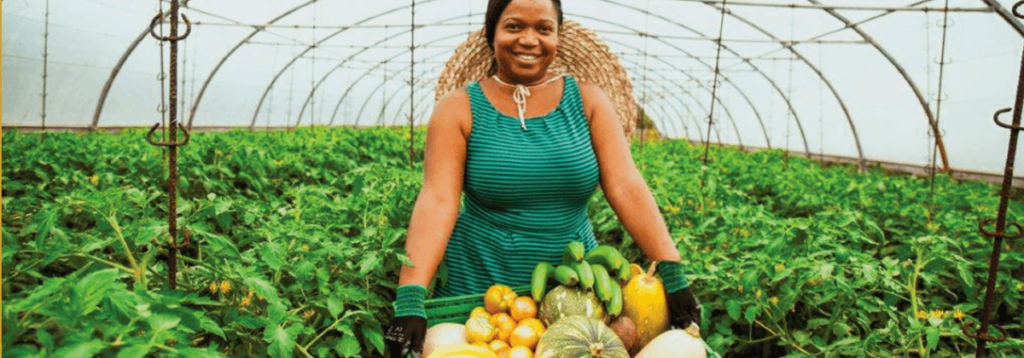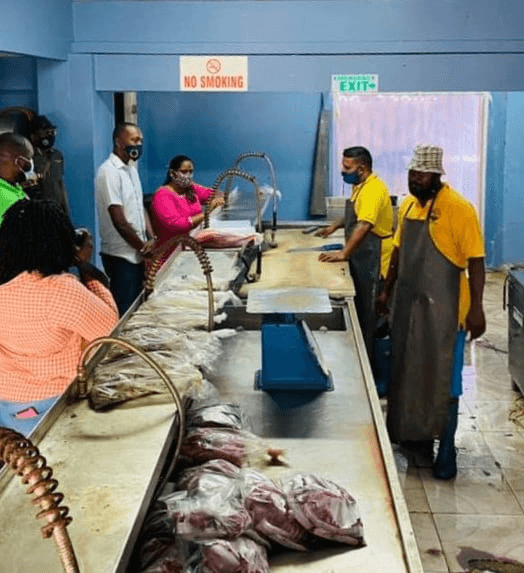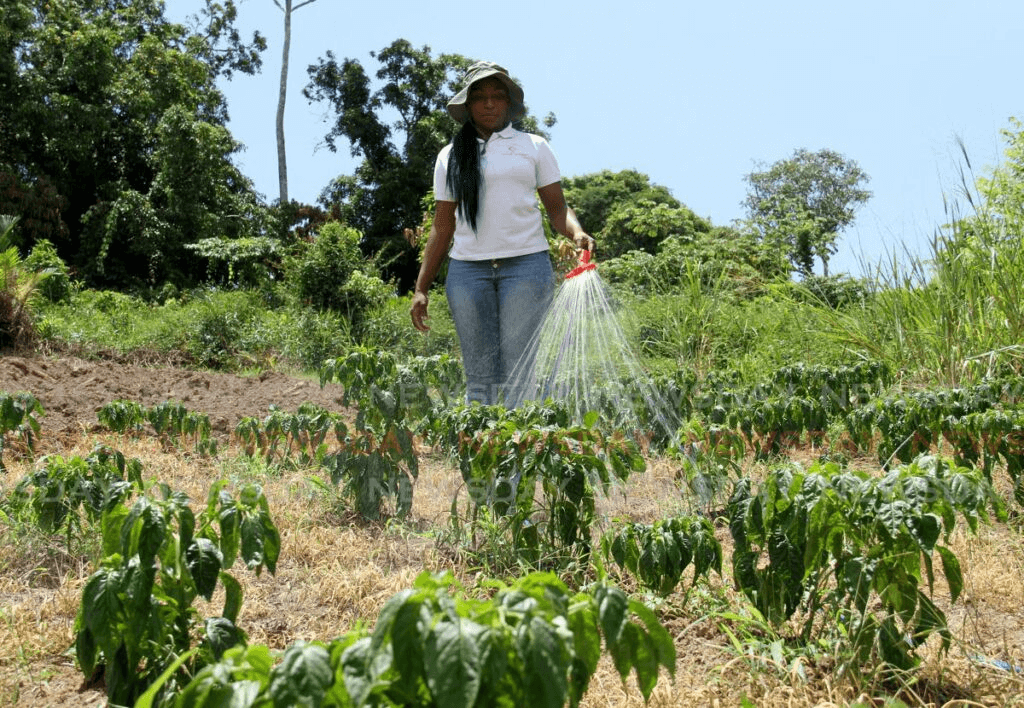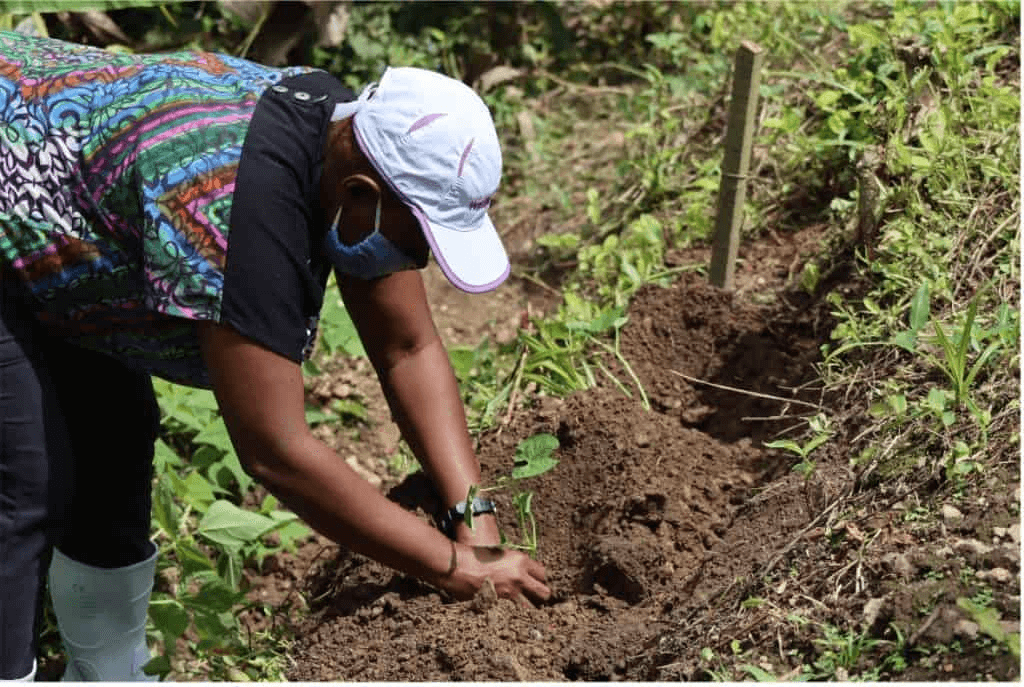From Farm to Fork: Nourishing Our Planet through Sustainable Sourcing in Food and Beverage
- Share this post
Loading Video...
Video Credit: Lewis Kim Youtube Channel
In an era where conscious consumerism is on the rise, the journey from farm to fork has evolved beyond a simple transaction. Sustainable sourcing in the food and beverage industry has become a beacon of change, illuminating the path towards a more environmentally responsible and ethically conscious culinary experience.
The Foundation: Sustainable Agriculture

Photo Credit: Massy Group
1. Regenerative Farming Practices:
Sustainable sourcing begins at the roots, quite literally. Embracing regenerative farming practices ensures that the land used for cultivation remains fertile and resilient. Techniques such as crop rotation, cover cropping, and minimal tillage not only protect soil health but also contribute to carbon sequestration, mitigating the impact of agriculture on climate change.
2. Biodiversity Preservation:
Monoculture is a thing of the past in sustainable agriculture. Diverse ecosystems are essential for maintaining a healthy balance in nature. By preserving biodiversity, farms become more resistant to pests and diseases naturally, reducing the need for chemical interventions. This not only benefits the environment but also results in more nutritious and flavorful produce.

Responsible Harvesting and Fishing:
1. Sustainable Seafood Practices:
For seafood lovers, sustainable sourcing means choosing responsibly harvested fish and seafood. Supporting local fishermen that adhere to sustainable practices, such as using selective fishing gear and respecting catch quotas, ensures the health of our oceans and the longevity of marine ecosystems.
2. Fair Labor Practices:
Sustainability isn’t just about the environment; it extends to the people involved in the production process. Ensuring fair wages and safe working conditions for farmers, fishermen, and laborers upholds the social aspect of sustainability, fostering a more equitable and compassionate food industry.

Photo Credit: Ayanna Kinsale
Transparent Supply Chains:
1. Traceability and Accountability:
Sustainable sourcing involves establishing and maintaining transparent supply chains, allowing consumers to trace the journey of their food from the farm to their plate. This transparency not only builds trust but also encourages producers to uphold high standards throughout the entire process.
2. Local and Seasonal Eating:
Choosing locally sourced and seasonal ingredients is a simple yet impactful way to reduce the carbon footprint of your meals. By supporting local farmers and producers, you contribute to the vitality of your community while enjoying the freshest, most flavorful ingredients available during each season.
The choices we make impact not only our own well-being but the health of the planet and its communities. As consumers, we hold the power to drive positive change through our choices.

Are you an aspiring chef interested in learning more and refining your cooking techniques in the kitchen? Or simply an eager student aiming to foster your learning about sustainable practices in food and beverage? Sign up for our Associate Degree programme in Food and Beverage or for professional development enrol in one of our upcoming short courses.
Let’s savor the journey from farm to fork, knowing that every conscientious decision contributes to a more sustainable and nourishing world!
- Share this post
Upcoming Events:
Related Posts:
More You Might Like
Upcoming Short Courses:
- Lecturer: Chef Vergiss Lovelace
- Face to Face
- 36 hours
- Short Courses
- Lecturer: Lisa Jessamy
- Online Classes
- 6 hours
- Short Courses
- Lecturer: Chef Sonia Phillip
- Face to Face
- 48 hours
- Short Courses
- Lecturer: Lisa Jessamy
- Online Classes
- 6 hours
- Short Courses
- Lecturer: Vernella Jack-Joseph
- Online Classes, Face to Face
- 45 hours
- Short Courses
Upcoming Courses:
- Lecturer: Chef Sonia Phillip
- Face to Face
- 48 hours
- Short Courses
- Lecturer: Chef Kwesi Selvon
- Online Classes, Face to Face
- 36 hours
- Short Courses
- Lecturer: Chef Vergiss Lovelace
- Face to Face
- 6 hours
- Short Courses
- Lecturer: William Trim
- Face to Face
- 48 hours
- Short Courses
- Lecturer: Chef Kwesi Selvon
- Face to Face
- 36 hours
- Short Courses



















